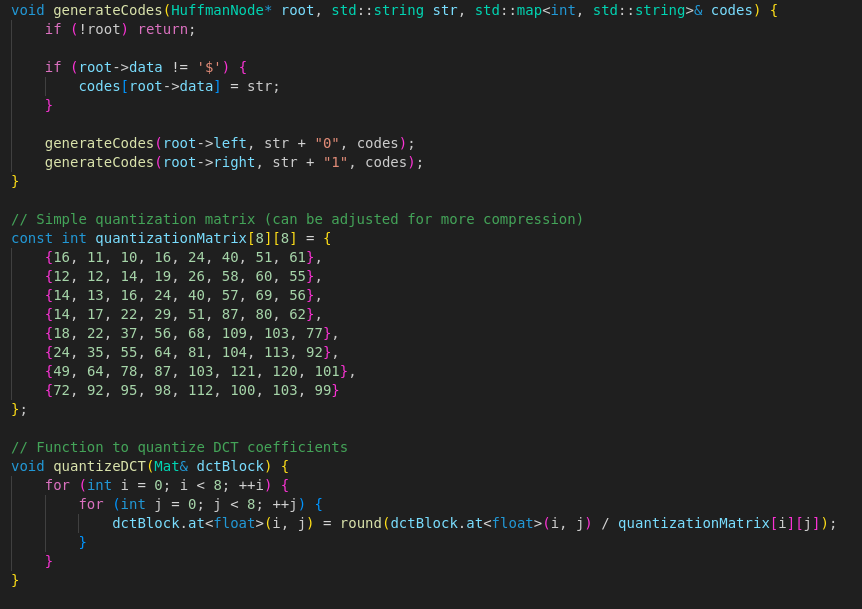How Big Tech’S Carbon Offsets Are Threatening Kenyan Communities

Introduction:
As climate change pressures mount, many Big Tech companies have turned to carbon offset projects to achieve net-zero emissions goals.
While these initiatives sound environmentally responsible, their real-world impacts, particularly in the Global South, often tell a more troubling story.
In Kenya, carbon offset projects have become a source of tension, with local communities bearing the brunt of their unintended consequences.
The Carbon Offset Paradox:
Carbon offsetting allows companies to balance their emissions by investing in projects that reduce or capture carbon elsewhere, such as reforestation or soil conservation.
While this seems like a win-win solution, the implementation often reveals deep flaws, especially when these projects occur in developing nations like Kenya.
Impact on Kenyan Pastoralist Communities:
-
Land Access Restrictions:
-
Many carbon offset projects in Kenya involve the establishment of conservancies to protect forests or grasslands. These areas are often the traditional grazing lands of pastoralist communities. By converting these lands into conservancies, herders lose access to critical resources, threatening their livelihoods and centuries-old cultural practices.
-
-
Displacement and Marginalization:
-
Some projects result in the displacement of local populations. Communities are sometimes relocated with little consultation or compensation, exacerbating poverty and social inequities.
-
-
Unfulfilled Promises:
-
Despite substantial financial investments from Big Tech, the promised benefits—such as improved infrastructure, education, and healthcare—frequently fail to materialize. Instead, local residents report feeling exploited and deceived.
-
A Case Study:
One of the largest carbon offset projects in Kenya covers an area equivalent to Slovenia. While marketed as a conservation success, local herders have voiced concerns about losing access to grazing lands and facing restrictive policies. They argue that these projects prioritize global environmental goals over the well-being of indigenous communities.
The Bigger Picture:
Kenya’s situation highlights a broader issue with the carbon offset industry: the lack of equity and community involvement. These projects often ignore the voices of those most affected, perpetuating a cycle of exploitation and environmental colonialism.
A Call to Action:
For carbon offset projects to be genuinely sustainable, they must:
-
Involve Local Communities: Ensure that affected populations are active stakeholders in project planning and decision-making.
-
Deliver Tangible Benefits: Guarantee that the financial gains from carbon credits translate into meaningful improvements for local communities.
-
Prioritize Justice: Balance environmental goals with social equity, ensuring that no group is unfairly burdened.
Conclusion:
Big Tech’s quest for carbon neutrality should not come at the expense of vulnerable communities. As consumers and global citizens, we must hold these corporations accountable, advocating for transparency, equity, and genuine sustainability in their climate strategies. The fight against climate change must uplift all—not further marginalize the already disadvantaged.





















Comments